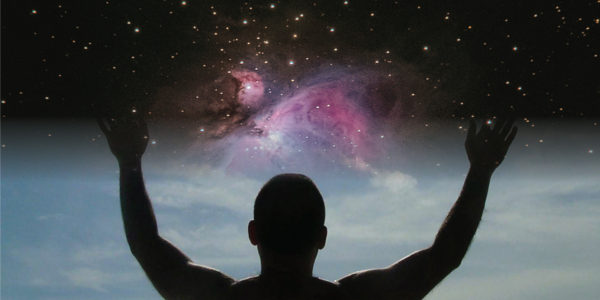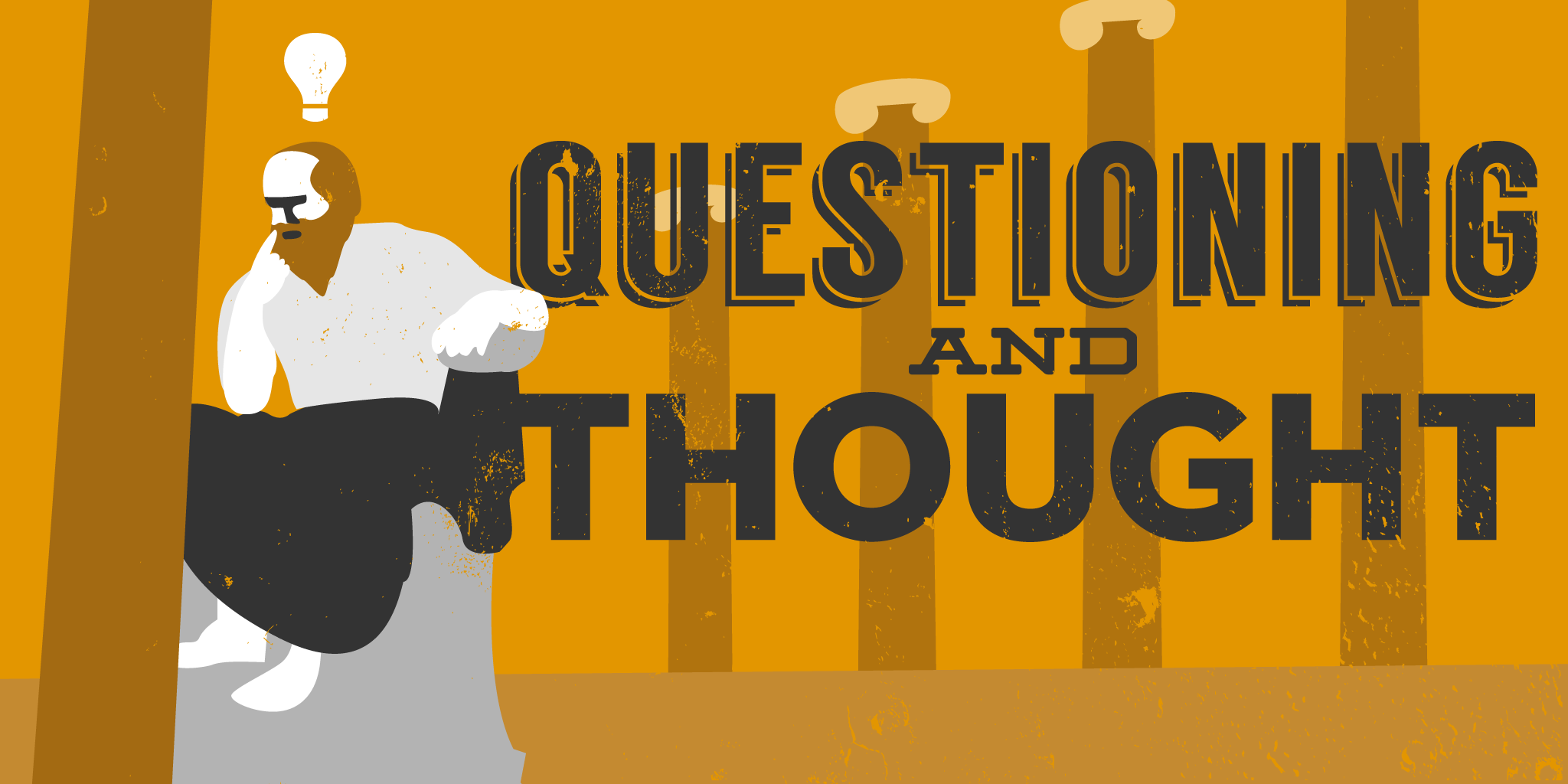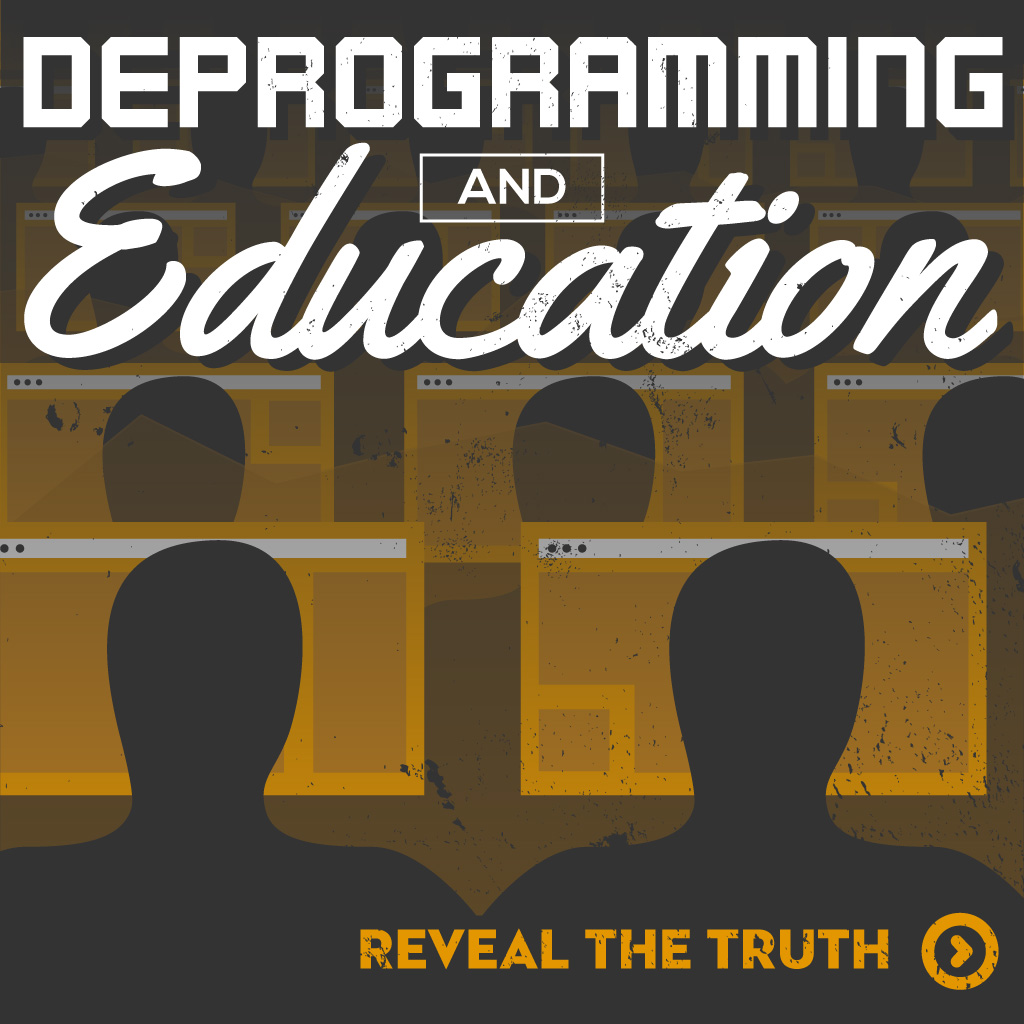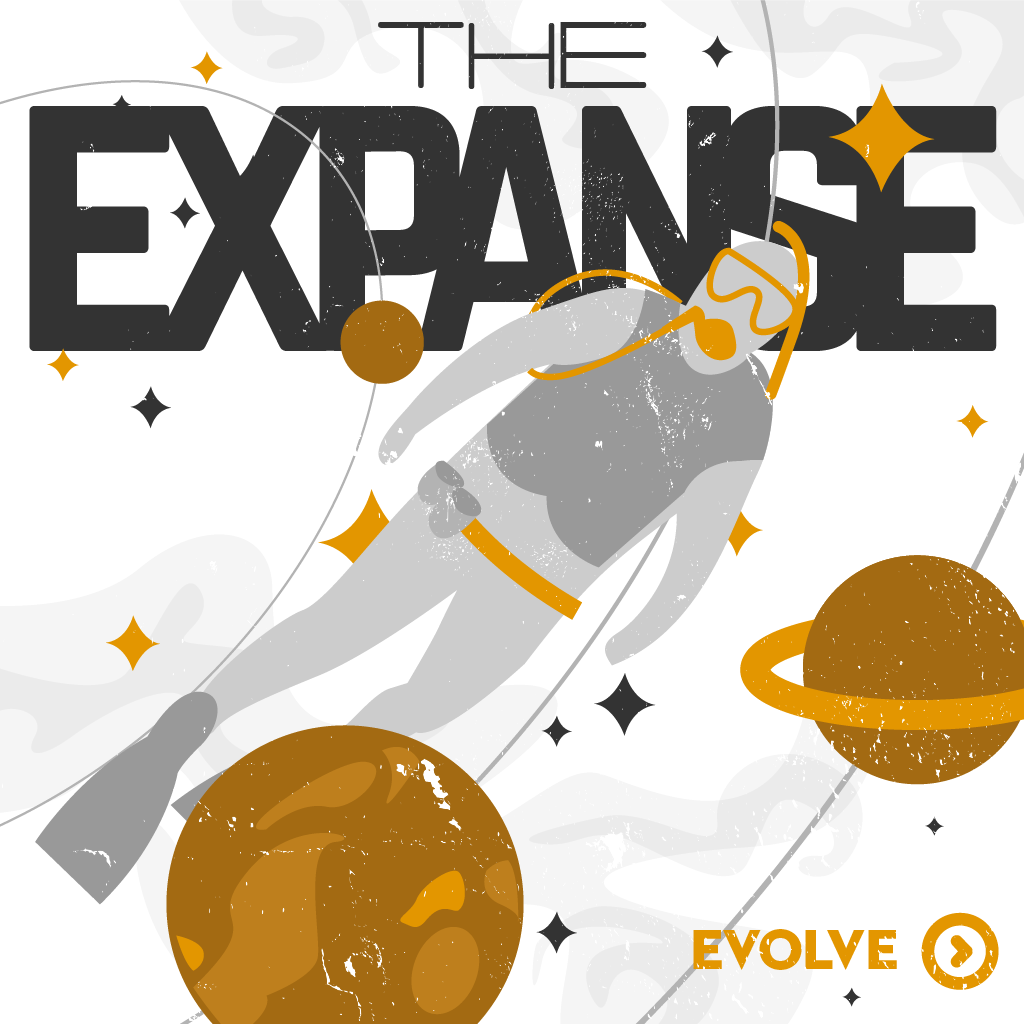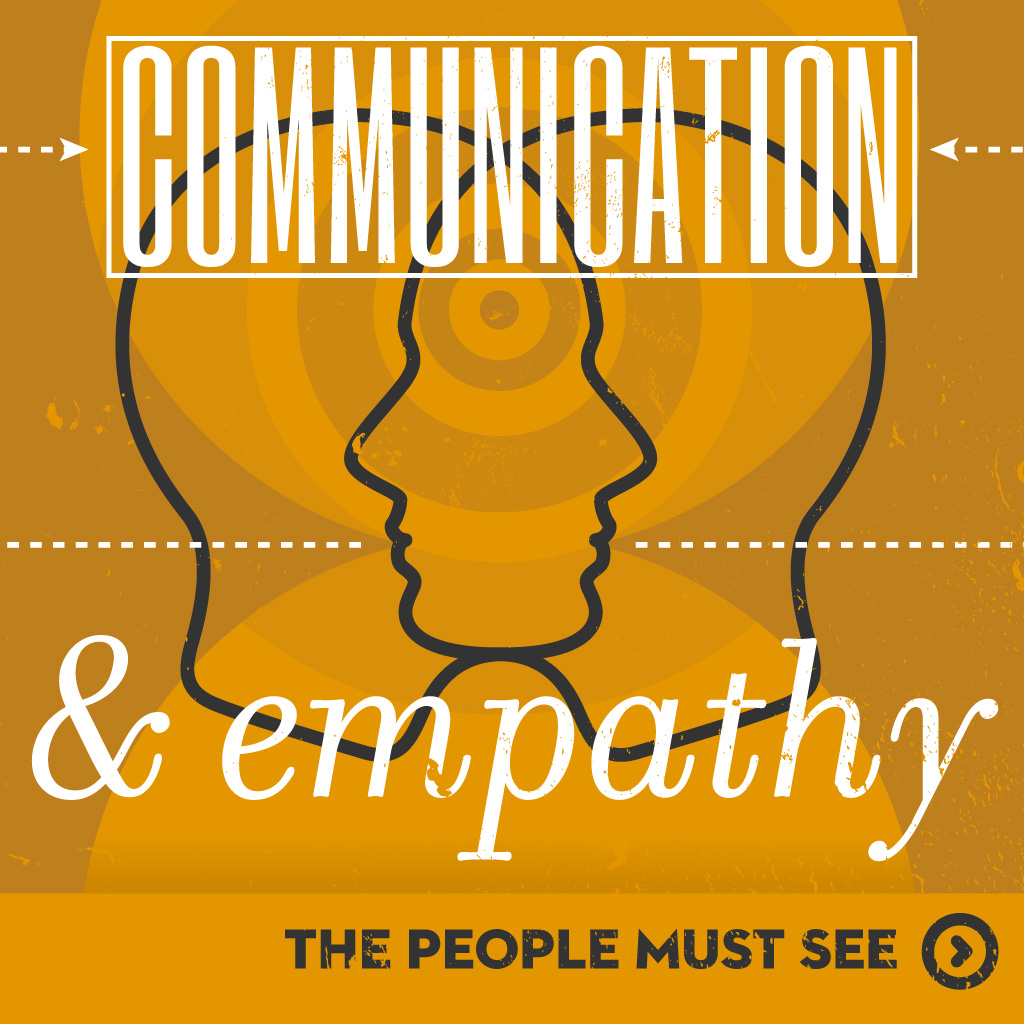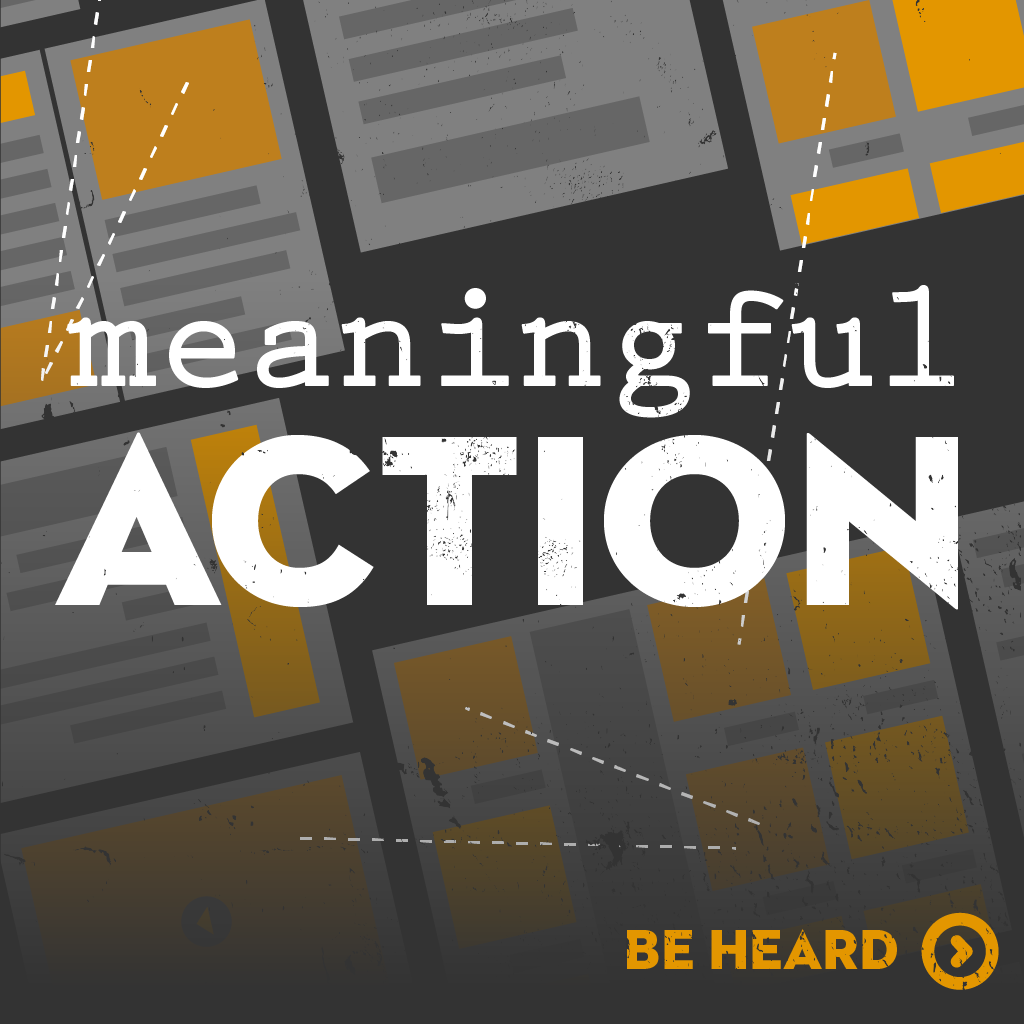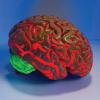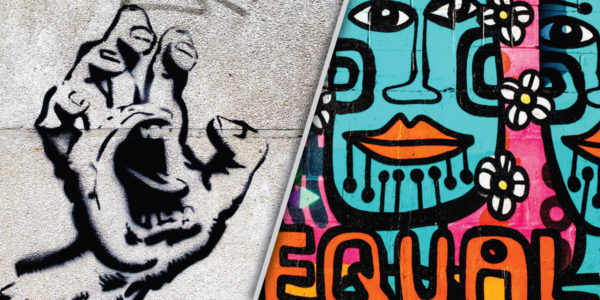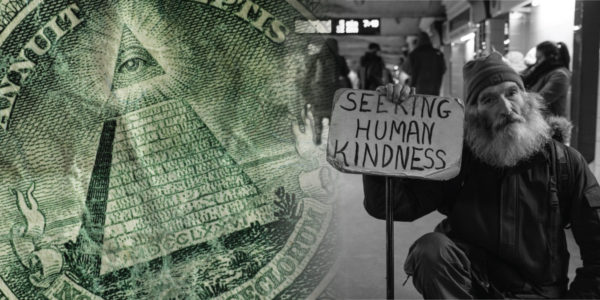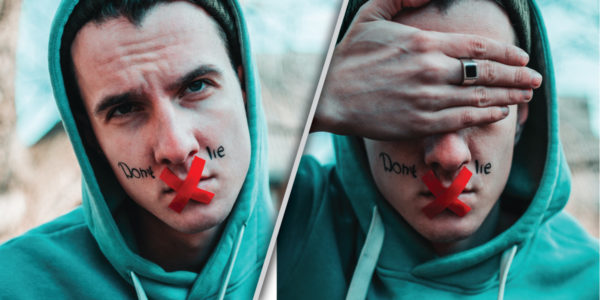We all put our knee on his neck
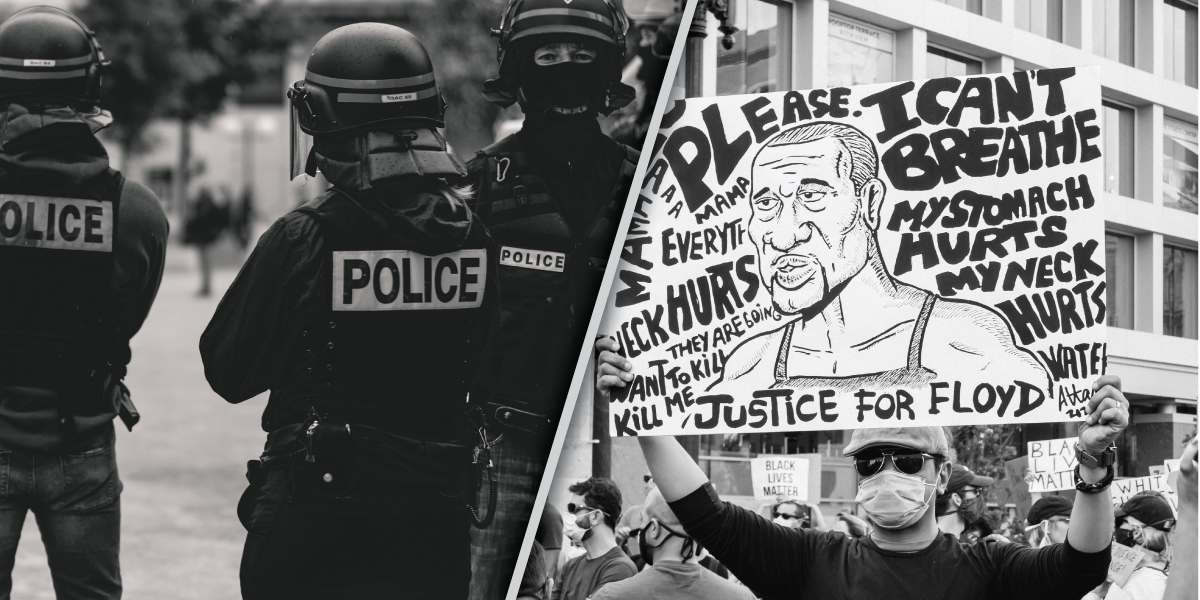
With the murder of George Floyd, it has been a mixed bag of emotions. For the black community, they are experiencing just another instance of the extraordinary pain that comes with loss and injustice–just another needless, tragic, and hateful crime that is a reminder of how blind our country is to the perpetual suffering and discrimination endured daily due to our country’s blind, naive, and white attitude.
I am trying to remember that regardless of my disagreement with that past, I still benefit from its outcome.
I have been thinking a lot about my white heritage, my white culture, and my white privilege. Mostly I feel shame, because I hate the history that I come from. I am trying to remember that regardless of my disagreement with that past, I still benefit from its outcome. White people owe black people, not just for what previous generations have done, but for what privileges we have unfairly acquired because of that racist history. These benefits have always been at the cost of equally deserving people, and it is shameful that we have failed to see that what we have defined as our baseline, is in reality, just our sense of entitlement to a larger piece of the pie than we deserve. We need to level this playing field because the privilege was never rightfully ours to begin with. We need to change our attitude about reparations because giving back is not a sacrifice when the power was stolen, not earned. White people should be grateful for their over exposure to privileges, and hand them back enthusiastically and willingly, with grace. This is an action that would establish a new white culture that I could be proud of.
But we need to do a lot more than just that–we must dismantle our old white culture. This starts with understanding it. Like many, my shame for white culture has led me to distance myself from it, which in itself is a problem because decisions are made by people in the room, and in staying away, I’m handing over my vote. It isn’t possible for a white person to disown white history anymore than it is possible for a back person to walk down the street unaffected by black history. White culture needs to be changed by white people, and white people must accept the terrible truths of what they have inherited in order to learn.
It isn’t possible for a white person to disown white history anymore than it is possible for a back person to walk down the street unaffected by black history.
White people don’t like to feel uncomfortable. We need to stop thinking of ourselves as peacemakers, because our avoidance of conflict has tangible consequences. White people have a long history of looking the other way. The impact of our complacency and the consequence of not listening has predictably led us to where we are now.
We have collectively contributed to a normalization of brutality and inhumane treatment of black people, feeling that we weren’t a part of the problem as long as we weren’t blatantly racist. It is not enough to not participate, to not stand up, or to mitigate to avoid conflict. The truth is there whether we acknowledge it or not, and we should not act surprised when our actions, and lack of actions, have consequences.
The death of George Floyd was not premeditated murder. In fact, some would argue that it was accidental, but accidental doesn’t mean it wasn’t foreseeable or that any part of it was excusable. We should be very concerned that we have collectively allowed our norms to slide into such dangerous territory that our police officers are unable to recognize themselves as murderers in the moment they were committing the crime itself. Our scale for normal is wrong and we must fix it.
We have created a society that is so blinded that we can do harm and believe we are doing “the right thing”.
As white people, we should all take some responsibility for George Floyd’s death. While we weren’t at the scene of the crime ourselves, we all did our part in creating a society where murder has gone unpunished as long as it is a black victim. We have created a society that is so blinded that we can do harm and believe we are doing “the right thing”. We must open our eyes so that what has been normalized can be seen for what it is. If we are able to lift the veil, we might be shocked into realizing that people are being murdered right in front of us. This shock might motivate us to finally do something to stop it.
We have all been blind. We have all been ignorant to some degree unless we have experienced racism first hand. We all had a knee on George Floyd’s neck. Nothing will change until we can understand this.
